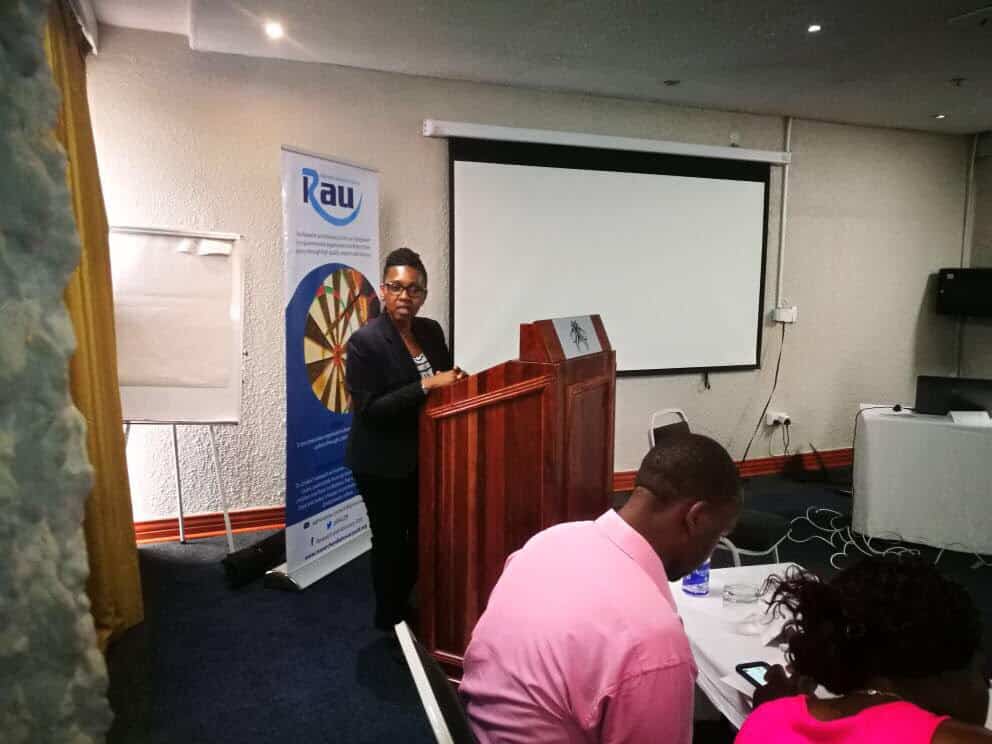By Vimbai Kamoyo and Patricia Mashiri
Women and youths have suffered a lot of exclusion in policy making as their decisions and aspirations are looked down upon by a society that values elderly men, the civic society has said.
Policy making in Zimbabwe seems to focus more on men than women and the youth. The Reseach and Advocacy Unit (RAU ) notes that the civil society has a lot of work to do so that they they realise the importance of women and youths.
Dr Martha Mtisi, the Senior Programme Specialist at International Development Research Centre(IDRC), told participants at a workshop organised by the Research and Advocacy Unit on harnessing women and youth participation that more than 90 percent of women and young people are involved in the informal sector as the only way to survive in the harsh economic environment.
“The participation of women and youth has not been visible in the country as their decisions are looked down upon. They end up flooding the informal sector where they think their problems are addressed better. It is important to increase the participation of women and young people and involve them in the government policies as they are peace keepers as well as pioneer’s of peace.
“Women should be included in the economic sector. There is need to help them fight cultural and social barriers which are surrounding them. Sustainable development goals can not be attained when the society is unequal,” Mtisi said.
Dr Helen Vengai, the Founder and Executive Director of Nhambure Trust, addressing the same function said women are relegated to the peripheries of decision making.
Barbara Nyangairi, Director of Deaf Zimbabwe Trust, said it was worse off when the aforementioned disadvantages were combined when one is living with disability.
“Their (the disabled) abilities are overlooked and underestimated.The problems they face are the worst as their needs are given low priorities. The lack of personal assistants to PWDs is identified as a key barrier to a source of income or better education. There is lack of support for the additional demands that come with having a child with disabilities which needs to be addressed, “Nyangairi said.
The Director of RAU, Kudakwashe Chitsike said the workshop was necessitated by the research they carried out which focused on women and youth.
“This conference was motivated by the findings of research we have been undertaking over the last 12 months. Our research was focusing on the issues that are hampering women and youth from participating in governance,” said Chitsike.
